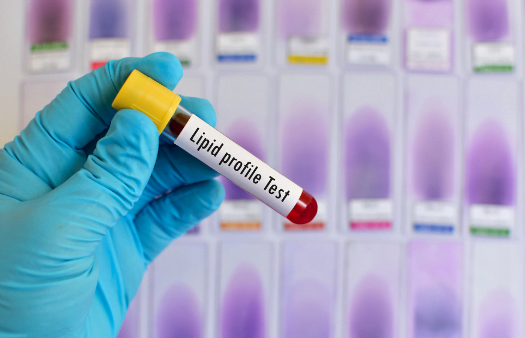Lipid Peroxidation (MDA) Testing in Food Products
Lipid peroxidation is a critical process in food products that can lead to oxidative stress and potentially harmful byproducts. Malondialdehyde (MDA) serves as an important marker for lipid peroxidation, providing insights into the extent of oxidation within fats, oils, and other lipids present in various food items. This form of testing plays a crucial role in ensuring product safety and quality.
The importance of MDA testing cannot be overstated, especially given its impact on consumer health. Oxidized lipids have been linked to cardiovascular diseases, cancer, and other chronic conditions. By measuring MDA levels, food manufacturers can better understand the extent of oxidation within their products and take necessary steps to mitigate it through proper handling, storage, or formulation adjustments.
In this service, we utilize advanced analytical techniques tailored specifically for lipid peroxidation analysis in food products. Our approach involves rigorous sample preparation methods designed to preserve the integrity of lipids throughout the testing process. This is followed by sophisticated instrumentation capable of detecting even trace amounts of MDA accurately and reliably. The results are reported according to international standards such as ISO 6870:1982, ensuring consistency and comparability across different laboratories.
Our team of experts ensures that each step from sample collection to final analysis adheres strictly to best practices outlined in relevant guidelines. This includes careful documentation at every stage to provide transparency and traceability for regulatory compliance purposes. Our goal is not only accuracy but also efficiency, allowing clients to receive timely reports which can then be used effectively in decision-making processes related to product development or quality assurance.
Understanding the role of MDA testing goes beyond just identifying levels; it helps us comprehend how different factors such as temperature, light exposure, and storage conditions influence lipid stability over time. By leveraging this knowledge, food manufacturers can optimize their production methods and packaging designs to extend shelf life while maintaining product quality.
We pride ourselves on being at the forefront of innovative solutions for ensuring food safety standards are met across various sectors including but not limited to snacks, oils & fats, dairy products, and others where lipid content is significant. With a focus on precision, reliability, and timely delivery of results, our clients can rest assured that they're receiving high-quality services that contribute positively towards maintaining public health.





